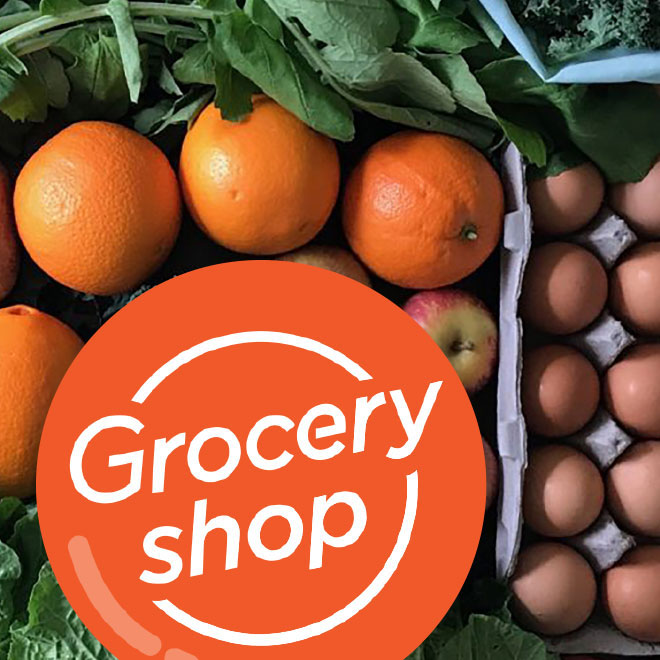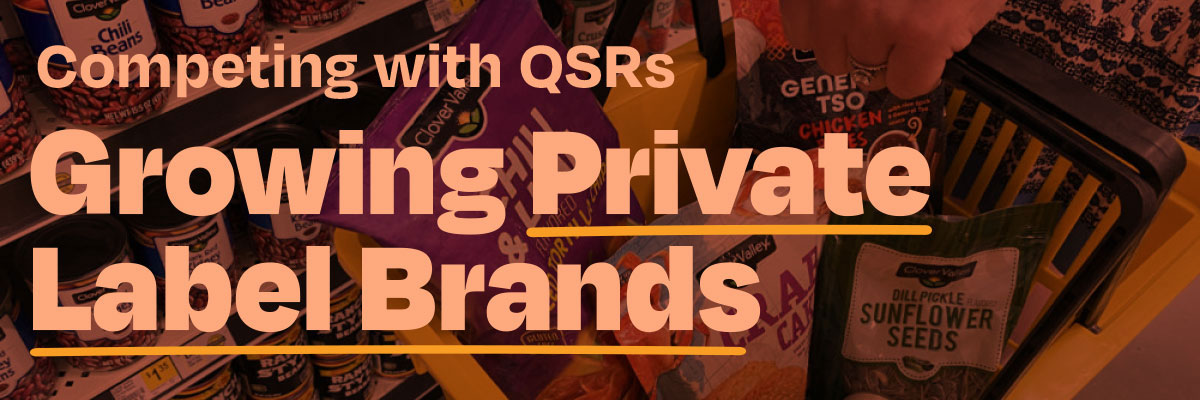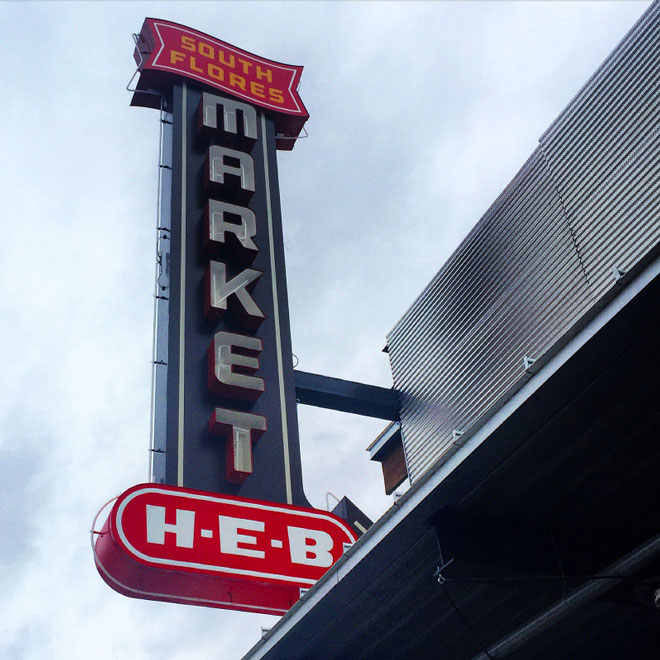
Where Partnerships and Innovation Hit the Aisles
5 Things That Groceryshop 2024 Taught Us About the Future of Grocery
Estimated Read Time: 2 Minutes
Groceryshop is one of the premier events in the grocery and consumer packaged goods (CPG) retailer industries, bringing together leaders, innovators, and stakeholders to discuss the future of grocery shopping and retail. The conference offers insights into emerging trends, technologies, and strategies that will shape the grocery sector for years to come. This year’s event focused heavily on building partnerships, advancing digital transformation, and understanding shifting consumer behaviors. Here are five essential takeaways from the event:
Collaboration continues to be a crucial strategy for success in grocery retail. Whether between brands and retailers, suppliers, or even rival retailers experimenting with new strategies, partnerships drive innovation. By identifying shared goals, companies can develop winning solutions that benefit both businesses and customers. The spirit of cooperation was a dominant theme, showing that working together is key to addressing today’s challenges.
Understanding the nuances of your audience is more important than ever. Boomers still represent a significant 35% of CPG spending, so they shouldn’t be ignored. However, millennials are a growing force, especially as they enter new life stages, providing ample opportunity for brands to engage. Meanwhile, Gen Z is quickly emerging as a segment that retailers need to focus on now. Capturing their attention early will secure future brand loyalty, making them an essential group for long-term growth.
One of the main focuses of the conference was minimizing friction in the shopping journey through new systems and technologies. Whether in-store or online, reducing barriers to purchase is vital. While the physical store experience remains important, the digital channel presents significant room for development. According to Deloitte, digital grocery penetration sits at only 14% as of 2024, lagging behind industries like apparel (38%), furniture (40%), and electronics (51%). Lowe’s Food Markets stood out by sharing how they’re exploring how to translate the excitement of in-store shopping into a seamless digital experience.
The frenzy around AI seemed to quiet down this year, signaling that it has moved beyond hype and is now being integrated into real-world applications like personalization. Retailers are focusing on using AI to create tailored shopping experiences rather than treating it as a buzzword. One interesting insight came from Jordan Berk, who pointed out that China has not yet embraced ChatGPT-style AI, highlighting differences in global AI adoption.
Grocery retailers are facing increasing competition from quick-service restaurants (QSRs) and must find ways to deliver value to both cost-conscious and premium-seeking shoppers. One growing strategy is the rise of private label brands, which are gaining more importance, particularly in premium categories. Additionally, bundling around meal occasions has become a popular way to help consumers save time while still offering a competitive edge against QSRs.
Embracing Change and Future-Proofing Grocery Retail
Groceryshop 2024 highlighted that the grocery industry is at a pivotal moment, where innovation, collaboration, and consumer understanding are paramount. As the lines between physical and digital shopping experiences blur, the brands focus on building strategic partnerships, leveraging technology for personalization, and catering to a diverse range of shoppers will be best positioned for success. By embracing these evolving trends, retailers can not only meet current demands but also anticipate the needs of the future.
Stay tuned to our three part series on the grocery revolution, starting with part one, found here.

 Jody Wasbro
Jody Wasbro







